School guide: How to survive ‘terrible teens’ and help your child through it safely
Year 9 is usually when teenagers begin to push boundaries, challenge authority and take more risks. Here’s what parents need to know.
Education
Don't miss out on the headlines from Education. Followed categories will be added to My News.
Teenagers will really begin to push the boundaries, challenge authority and take more risks by the age of 14 or 15, according to experts.
This also coincides with a peak in online drama and bullying.
So, the middle years of high school can be tricky.
“Year 9 is when they test boundaries and are more critical of teachers and parents,” The Quirky Kid Clinic CEO Dr Kimberley O’Brien said.
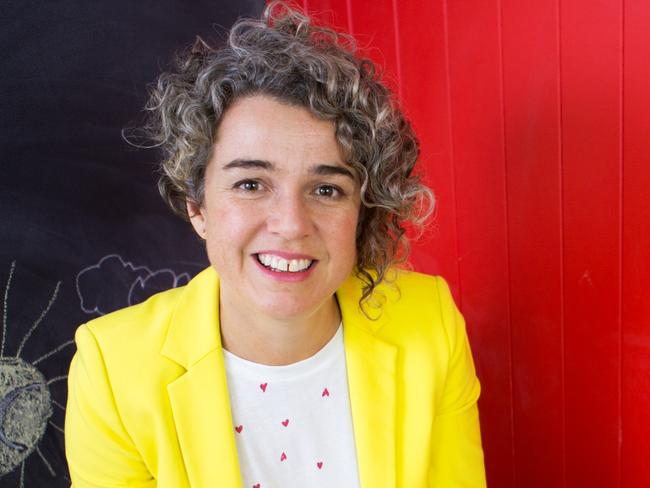
“They will start to want to go out at night and be a bit more independent, which is great.
“But you have to hope they’re making the right choices.”
The Cyber Safety Lady, Leonie Smith, who advises parents on how to help their child navigate the online world safely, said at this age some parents are tempted to spy on their kids by secretly accessing their phones.
She advised against this, because it is important to build trust.
But she said parents should insist on spot checks while their child is with them.
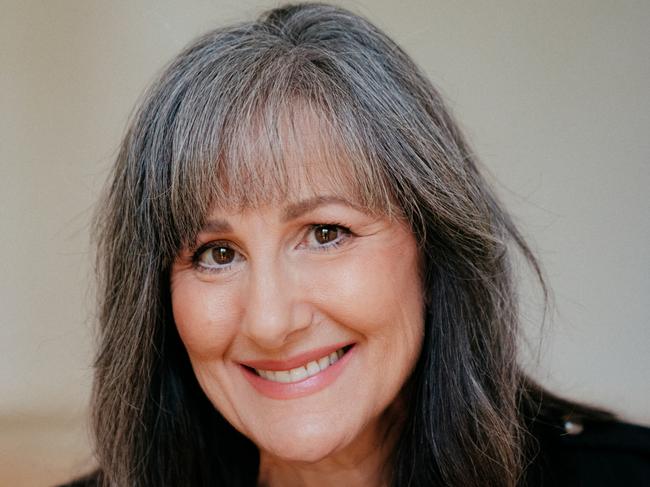
Ms Smith advised parents to sit down with their teen and go through the pitfalls of the online world with them, including sexting, pornography, bullying and self-harm material and let them know if anything goes wrong online they can come to them and they will help.
“I’ve worked with families where children have attempted self-harm,” she said.
“They need help with self-harm material their child has found on TikTok and Instagram.
“There are communities based around self-harm hashtags. It’s not about helping those who are self-harming, it is about encouraging them.”
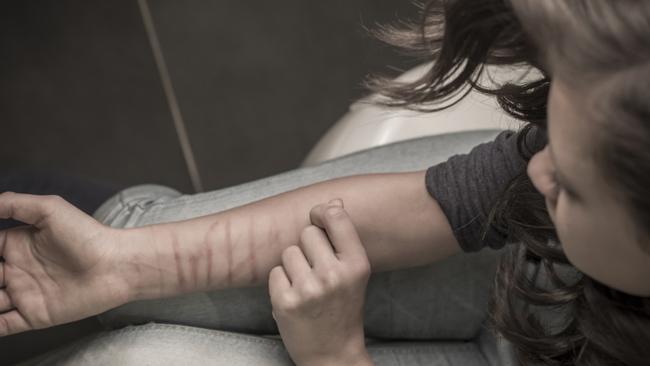
Ms Smith said it was important for parents to be across these issues.
Dr O’Brien said there had been an increase in self-harm among teenagers to the point where it was becoming “quite common”.
“Self-harm is a cry for help, usually based around frustration and what they need is a lot of fresh options, more physical exercise and someone to talk to, like a psychologist or counsellor,” she said.
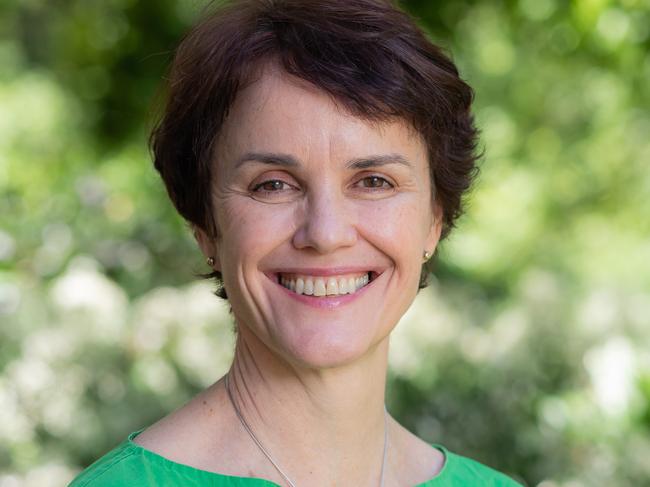
Alcohol and Drug Foundation CEO Erin Lalor said parents needed to recognise by Year 9 their child may be starting to experiment with illegal substances.
She said the best thing parents could do was be a role model, to not base their own social lives around alcohol and let their children know they can call them if they have gone to a party and had too much to drink.
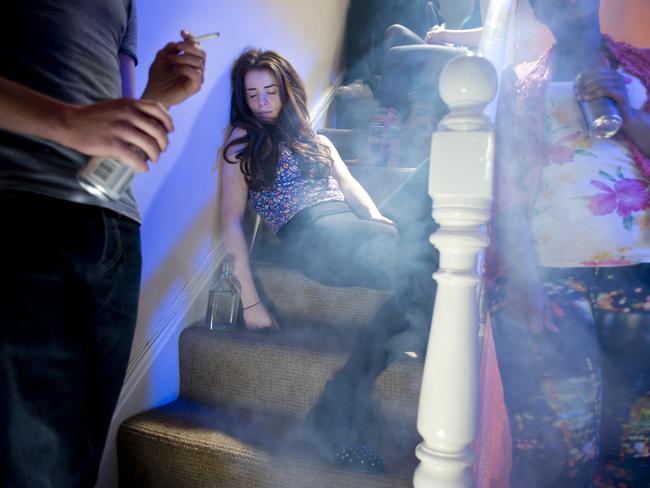
“They need to know if things go wrong, you are there,” Ms Lalor said.
“At the same time you want to let them know there are clear expectations and consequences.”
She advised zero alcohol before the age of 18, due to research which shows it can impact a child’s mental health.
Q&A WITH THE EXPERTS
There’s no easy way to say this but watch out for Year 9, it can be tricky. It’s typically the time when kids begin to push the boundaries and challenge parents and teachers. But don’t worry, social affairs reporter Julie Cross, together with The Quirky Kid Clinic child psychologist Kimberley O’Brien, Kids First Children’s Services Founder Sonja Walker, The Cyber Safety Lady, Leonie Smith, Alcohol and Drug Foundation CEO Erin Lalor and Reachout CEO Ashley de Silva, navigate those curly questions.
What should I expect of my child in year 9?
This is a year when many teenagers become defiant and test limits.
They may question a lot of what you say and are generally more critical of teachers and parents. Risk taking behaviour also increases. You have to allow them to have some independence and hope that they are making the right choices, but be there for them if they do not.
They’re also more conscious of their bodies at this age and may want to join a gym. Make sure they are eating well.
Friends are hugely important to them at this age.
What about self-harm?
Self-harming is becoming more common, as well as suicide ideation, mainly due to what they’re seeing online. Self harm is a cry for help, usually a lot of it is frustration. Give them a lot of fresh options, perhaps suggest more physical exercise and find them someone to talk to like a psychologist or counsellor.
How to deal with online drama?
Online drama peaks in Years 8 and 9. Encourage them to report instances, tell a teacher or block people who are behaving badly online. A good site for getting help for cyber-bullying is yla.org.au.
Help! How do I get them off the phone?
If you’re only just setting boundaries now, you’re going to be in trouble, which is why it’s important rules are in place and followed from a young age. Try to encourage a balance between study, online use and outdoor time. Tips include everyone charging their phones in a communal space overnight. This can be a tough year, but other parents will be going through the same thing. Swap tips and stories with other parents.
How to keep a check on what they’re doing?
They need to have privacy at this age, but warn them you will be doing spot checks on their devices. Also educate kids around data use and identity theft. They are generally online on their own at this stage, but it is important to ensure there are filters to protect them against sexual or violent images, which can be very disturbing for any age group.
What about tackling difficult subjects such as sex, sexting and porn?
Be proactive not reactive. These can be difficult subjects for parents to bring up with their child. But research shows your child may be experiencing all of the above – or will in the next few years. To get help on how to broach these subjects go to: yourchoicez.com.au
What about drinking and taking drugs?
Be a good role model for your child. Don’t create a social life around alcohol. If they are taking substances regularly, find them help if they need it. Note that the most commonly used drug is cannabis. Try not to lecture them if you find they have been taking substances. At this age they need more than, “You can’t do this because it’s our rules in this house”. Try to explain the impact of what they are doing on their mental and physical health. Point out how their behaviour has changed whether it be mood changes, sleeping in. Keep to the facts. Go to reachout.com for tips on how to talk to your child about these issues.
How do I support them?
This is a period in which they can be very self-critical. Some have very high or unrealistic expectations of themselves. Help them find the things they enjoy doing and are good at.
If they are anxious, help them to problem solve. Many find it difficult to be organised. Try and create a good study space for them and a homework routine.
Work hard at your relationship, even when they’re making it extremely difficult for you. Start family traditions, like movie nights. Remember, if a kid is struggling it may not be due to poor parenting, but may just be a perfect storm of circumstances.
GO TO WEBSITES:





